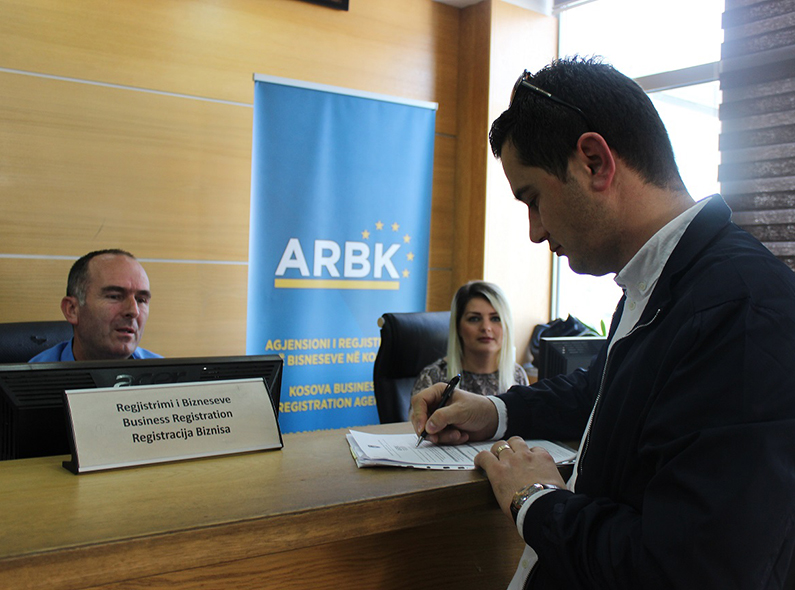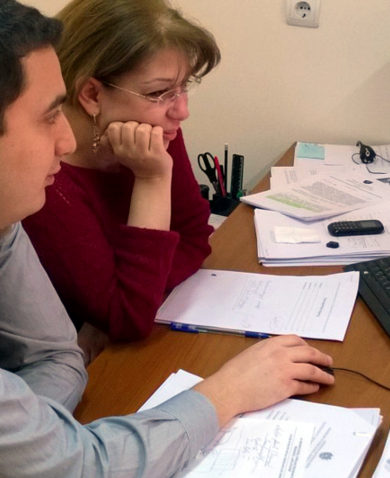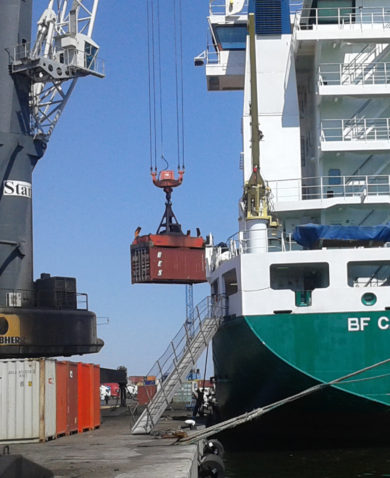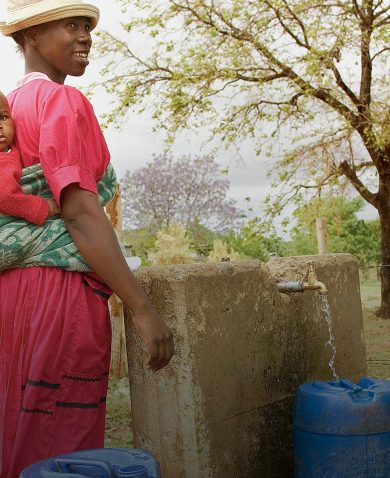Opaque regulations, institutional inefficiency, and widespread corruption present immense challenges for developing countries that are trying to strengthen their economies. To build a strong economy, it’s key to have a thriving business environment that brings public sector stakeholders and private sector advocates together.
The World Bank’s annual Doing Business Report offers a useful framework to create this enabling environment: Its annual rankings on business indicators reveal which countries excel — or lag — in creating an environment that encourages and supports private sector growth. Better performance in the report’s rankings is associated with lower levels of unemployment and poverty, and countries that have higher rankings tend to attract more foreign business and investment.
The report has become a guide for implementing regulatory reform and measuring a country’s economic progress. Despite having very different political, social, and economic contexts, Kosovo and Vietnam have used the Doing Business Report to make significant economic progress with the support of USAID projects.
Developing Indicators to Measure Reform in Kosovo
Kosovo’s business environment and high unemployment rate have presented real challenges to the country’s economic development. Excessive regulations prevent businesses from expanding, yet the labor pool continues to grow, making it difficult for those entering the workforce to find jobs. To alleviate these challenges, USAID’s Kosovo Partnerships for Development (PFD) project, implemented by Chemonics, collaborates with the Kosovo government to improve conditions for businesses, create jobs, and fuel private sector growth.
World Bank Doing Business indicators serve as an internationally vetted system for measuring and monitoring improvements in business environment outcomes. By encouraging business enabling environment reforms based on the World Bank Doing Business Report methodology, PFD worked with the government to develop a strategy to design and implement regulatory changes. The report has played a key programmatic role in shaping Kosovo’s economic policy reform, with a focus on increasing efficiency and bolstering efforts to build simple, transparent, and responsive governance.

PFD and the Kosovo government have used the World Bank indicators to increase accountability, reduce corruption, and promote inter-agency cooperation. As a result, Kosovo has seen higher rates of business registration, employment, government revenues, and overall economic activity.
Designing Effective Policies that Streamline Business in Vietnam
For many years, Vietnam ranked below most other members of the Association of Southeast Asian Nations in the annual Doing Business Report. These low rankings had discouraged foreign investment and trade. USAID’s Governance for Inclusive Growth (GIG) Program helps tackle these challenges, working with the country’s public and private sectors to enhance governance and facilitate trade, with an emphasis on improving the legal and regulatory environment, accountability systems, and inclusive growth that benefits all citizens.
With GIG’s support, Vietnam has improved its rankings and implemented economically sound policies. Since 2014, the GIG program has supported the Vietnamese government to implement and amend Resolution 19, which requires ministries to revise their internal procedures and relevant legal documents to spur business. To date, Vietnam has implemented four versions of Resolution 19, each a little more effective.
As GIG Program Director David Anderson expressed: “Thanks to strong government leadership, effective collaboration, public consultations, and field studies to better appreciate the difficulties faced by businesses on the ground, Vietnam jumped 14 rankings ― from 82nd place in the last report to 68th this year. Vietnam has implemented a system of annual reforms through Resolution 19 that promise to continue its trend of reforms.”
Vietnamese businesses are now spending less time processing and paying taxes, clearing exports and imports, enforcing contracts, and getting electricity for office spaces — all key indicators in the report. These improvements have enhanced private sector competitiveness and promoted increased trade and investment in the country.
















































































